AeroGenie — Votre copilote intelligent.
Tendances
Categories
ITA Airways Grounds 22 Aircraft Amid Pratt & Whitney Engine Recalls

ITA Airways Grounds 22 Aircraft Amid Pratt & Whitney Engine Recalls
ITA Airways is confronting a significant operational challenge as it grounds 22 aircraft—nearly 28% of its fleet—due to widespread recalls affecting Pratt & Whitney GTF engines. The Italian carrier, which operates a total of 101 aircraft including 79 narrowbodies, has been compelled to park a combination of Airbus A220, A320neo, and A321neo jets. Notably, three of its four A321neo aircraft are currently out of service, according to data from Planespotters.net.
The financial repercussions for ITA Airways are substantial. The airline estimates losses exceeding €150 million over the next five years, equating to approximately €82,000 per day, as reported by Corriere Della Sera. In response to the ongoing disruptions, ITA is preparing legal action against Pratt & Whitney, citing damages and operational setbacks that far exceed initial expectations.
A Global Engine Recall and Industry Impact
The crisis extends beyond ITA Airways, affecting the broader aviation industry. The Pratt & Whitney GTF PW1000G engine family powers a large portion of the world’s newest and most fuel-efficient narrowbody jets. However, a manufacturing defect involving contaminated powdered metal used in high-pressure turbine and compressor discs between 2015 and 2021 has led to premature cracking. This defect has prompted global regulators, including the Federal Aviation Administration (FAA) and the European Union Aviation Safety Agency (EASA), to mandate urgent inspections and removals of affected engines.
These regulatory requirements have resulted in extensive groundings, with inspection and repair durations varying widely and some aircraft sidelined for months. Pratt & Whitney has responded by expanding repair and maintenance capacity, providing financial relief, credits for parts and services, and spare engines where available. Despite these efforts, the scale and complexity of the recall have strained the manufacturer’s resources and left airlines struggling to maintain their schedules.
ITA Airways is among the most severely affected carriers in the small-to-medium airline segment, but it is not alone. Competitors such as Wizz Air have also been forced to revise growth and expansion plans, with engine groundings expected to constrain fleet availability well into 2027. The ongoing shortage of serviceable engines has compelled airlines across Europe and beyond to adjust capacity forecasts and delay the launch of new routes.
Pratt & Whitney is working toward resolving the PW1500G engine issues by late 2026, promising technological upgrades and improvements to its maintenance, repair, and operations network. The company is also engaged in discussions with Airbus to increase engine deliveries for the popular A320neo model beyond 2025, aiming to meet rising demand once the crisis subsides.
Operational Strain and Future Challenges
For ITA Airways, the crisis has underscored the risks of dependence on a single engine supplier for a significant portion of its fleet. CEO Joerg Eberhart recently highlighted the operational strain, noting that some A220 pilots are flying as little as 20 hours per month. “You can’t grow like that,” he remarked, emphasizing the broader challenge of managing costs in an industry where airlines have limited control over critical expenses.
As the engine recall continues, ITA Airways and its peers face an uncertain future, caught between grounded aircraft, escalating costs, and the slow progress of technical remedies. The outcome of ITA’s planned lawsuit against Pratt & Whitney may establish a precedent for how airlines seek compensation amid one of the most disruptive technical crises in recent aviation history.
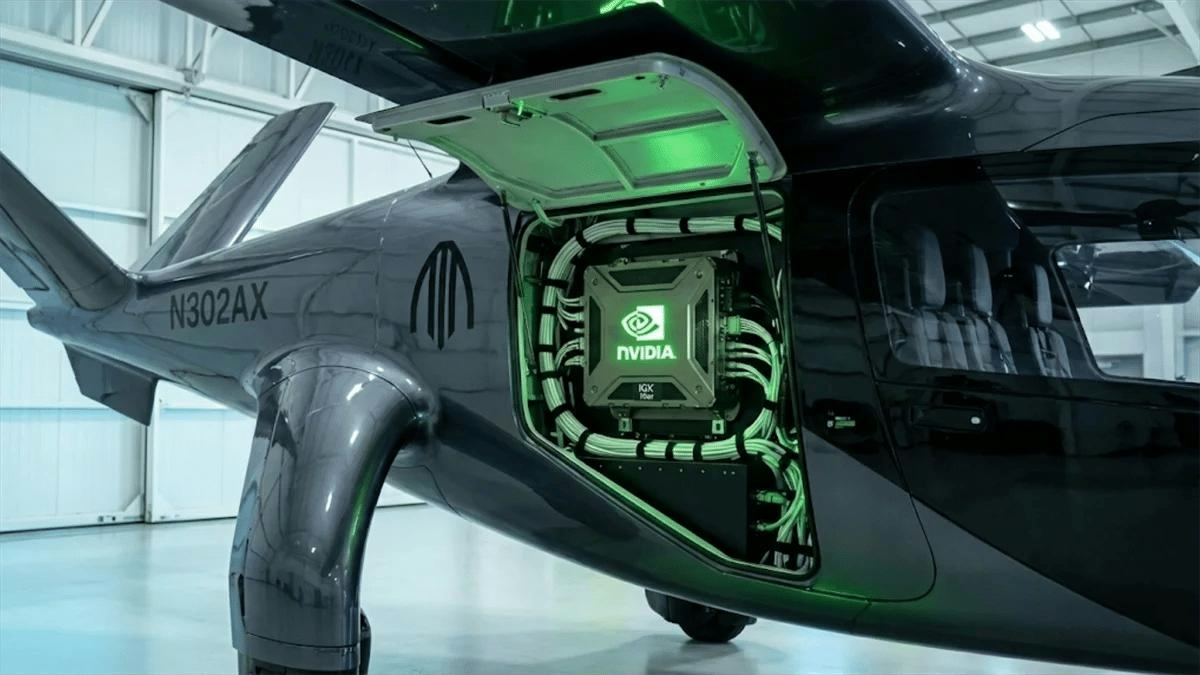
Archer Aviation Integrates NVIDIA’s IGX Thor into Air Taxi Systems

Boeing Jet Returns to Airport Following Engine Fire Warning
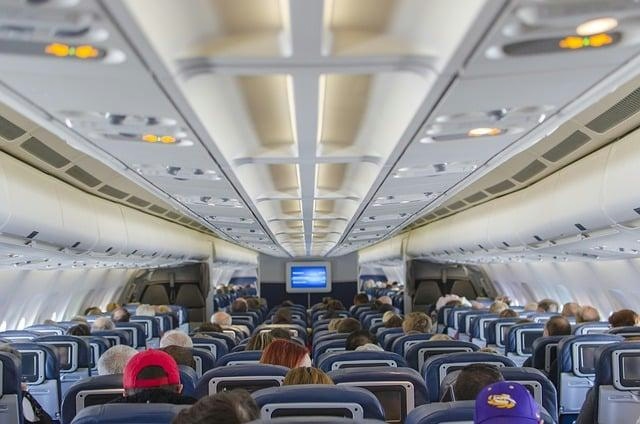
AENA Executives' Tactics Do Not Justify Fee Increases
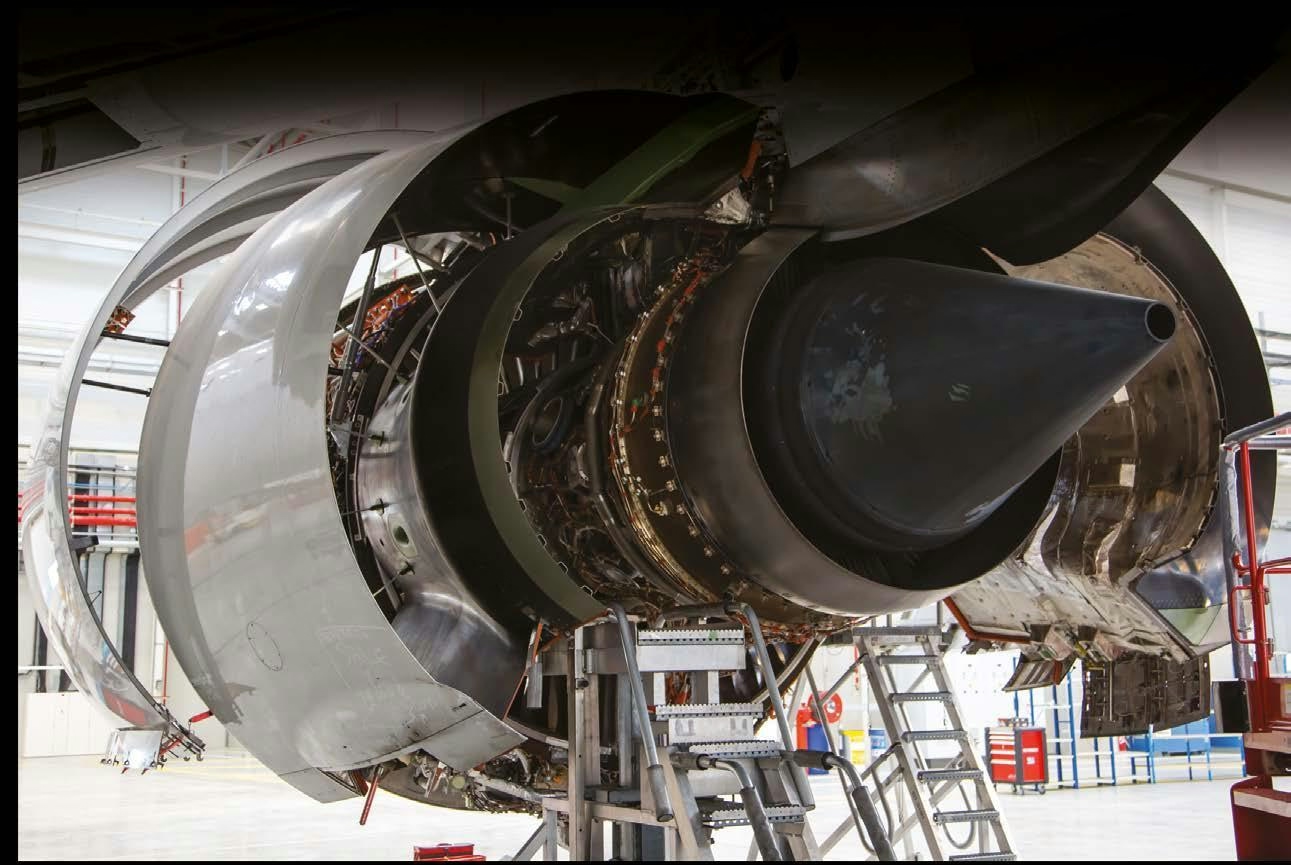
Setna iO Expands Teardown Portfolio with B737-700 and CFM56-7B
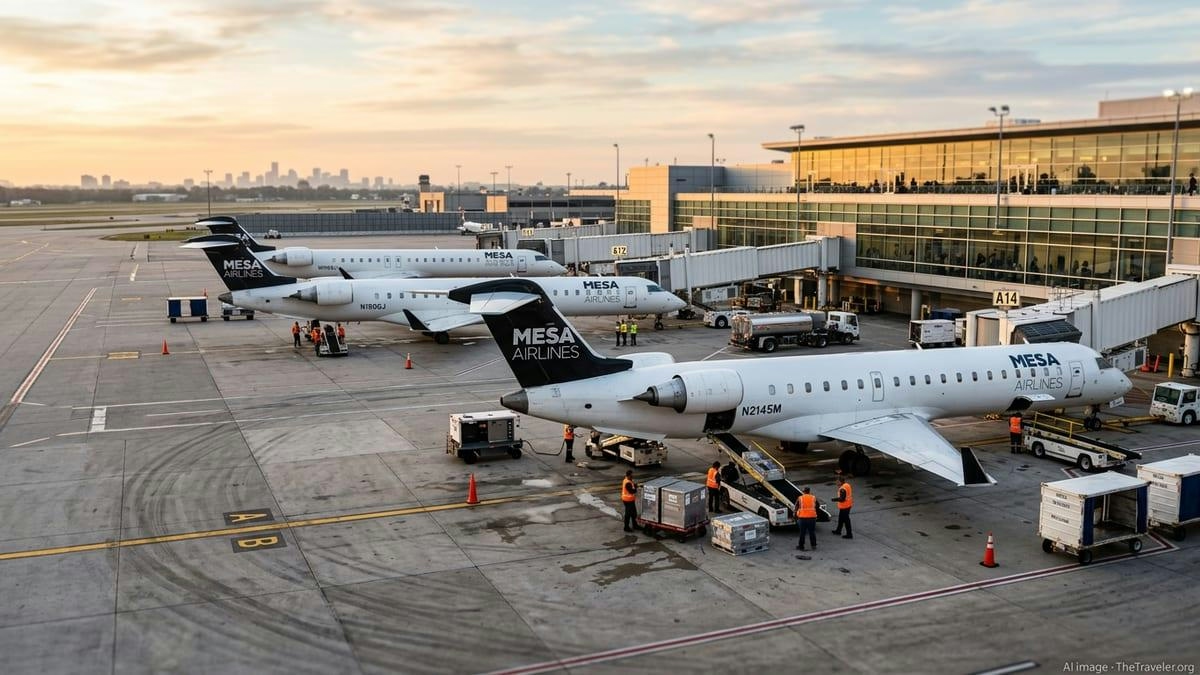
DASI Reaches Inventory Agreement with Mesa Airlines
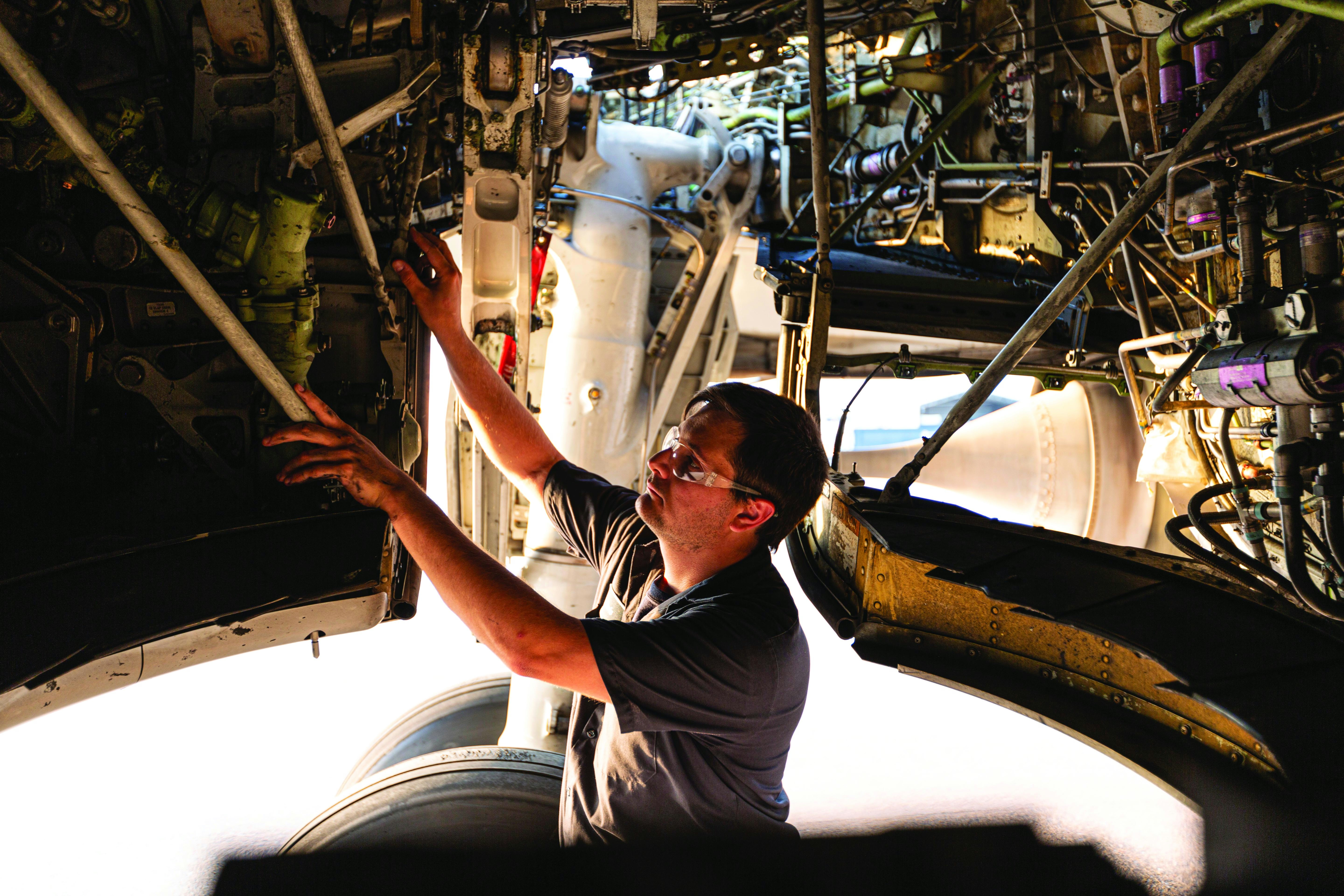
SR Technics to Provide MRO Services for North American Carrier's CFM56-7B Engines

Budget 2026 Introduces AI Talent Visa and Expands Cabin Crew Hiring Options

The Role of Argo Turboserve Components in Modern Aviation Engineering

United Airlines flight makes emergency landing in Los Angeles after engine fire
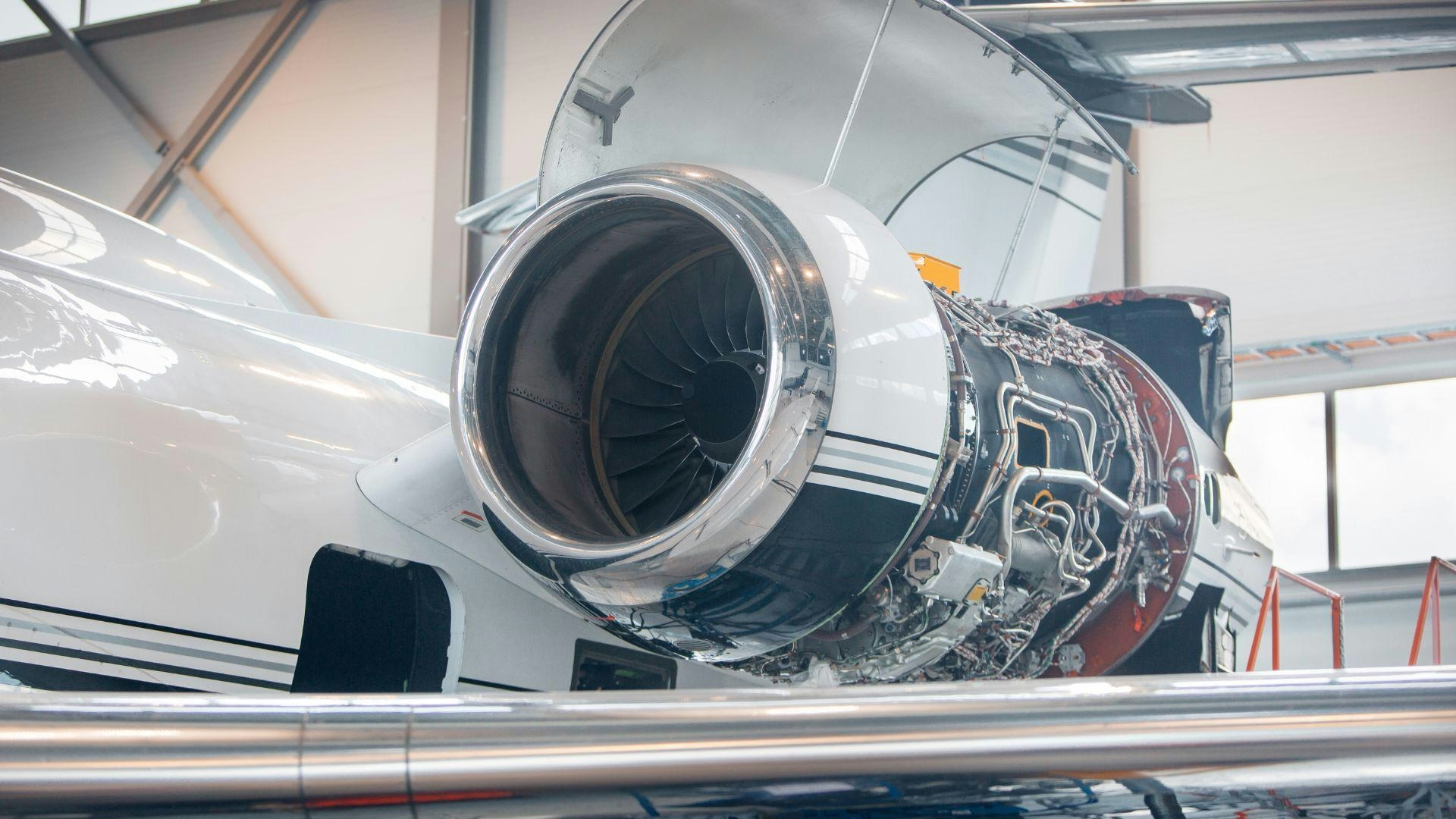
What Is the Average Lifespan of a Jet Engine?
